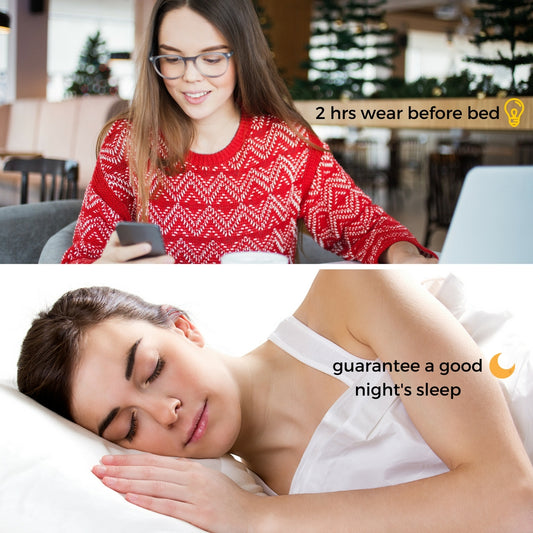Blog

Blue Blocking Glasses May Help Treat Bipolar Di...
If you have bipolar disorder, depression or trouble sleeping, it may help to wear amber-tinted glasses at night, new research suggests. These orange shades block blue light, which the body...
Blue Blocking Glasses May Help Treat Bipolar Di...
If you have bipolar disorder, depression or trouble sleeping, it may help to wear amber-tinted glasses at night, new research suggests. These orange shades block blue light, which the body...

